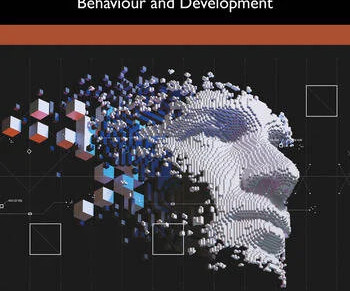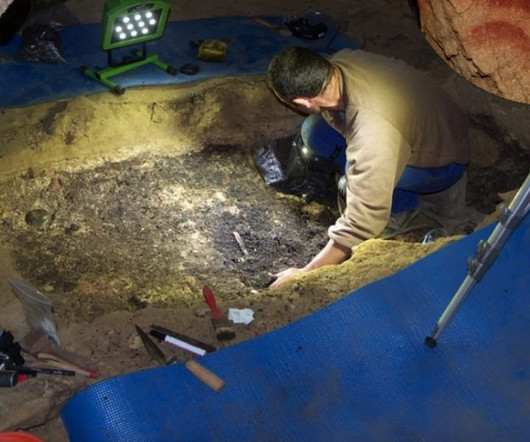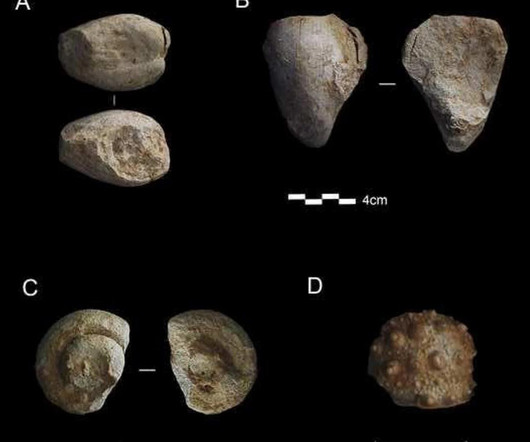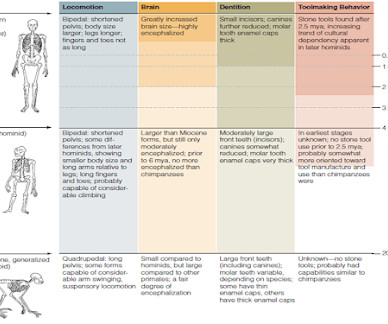Ancient Instincts, Modern Power Struggles: How Evolution Still Shapes Human Society
Anthropology.net
FEBRUARY 17, 2025
Human societies are built on layers of culture, law, and technology, yet beneath it all, some of the oldest instincts in the animal kingdom continue to shape our world. In A New Approach to Human Social Evolution 1 , neuroscientist and anthropologist Jorge A. At its core, the human brain retains an ancient architecture.











Let's personalize your content